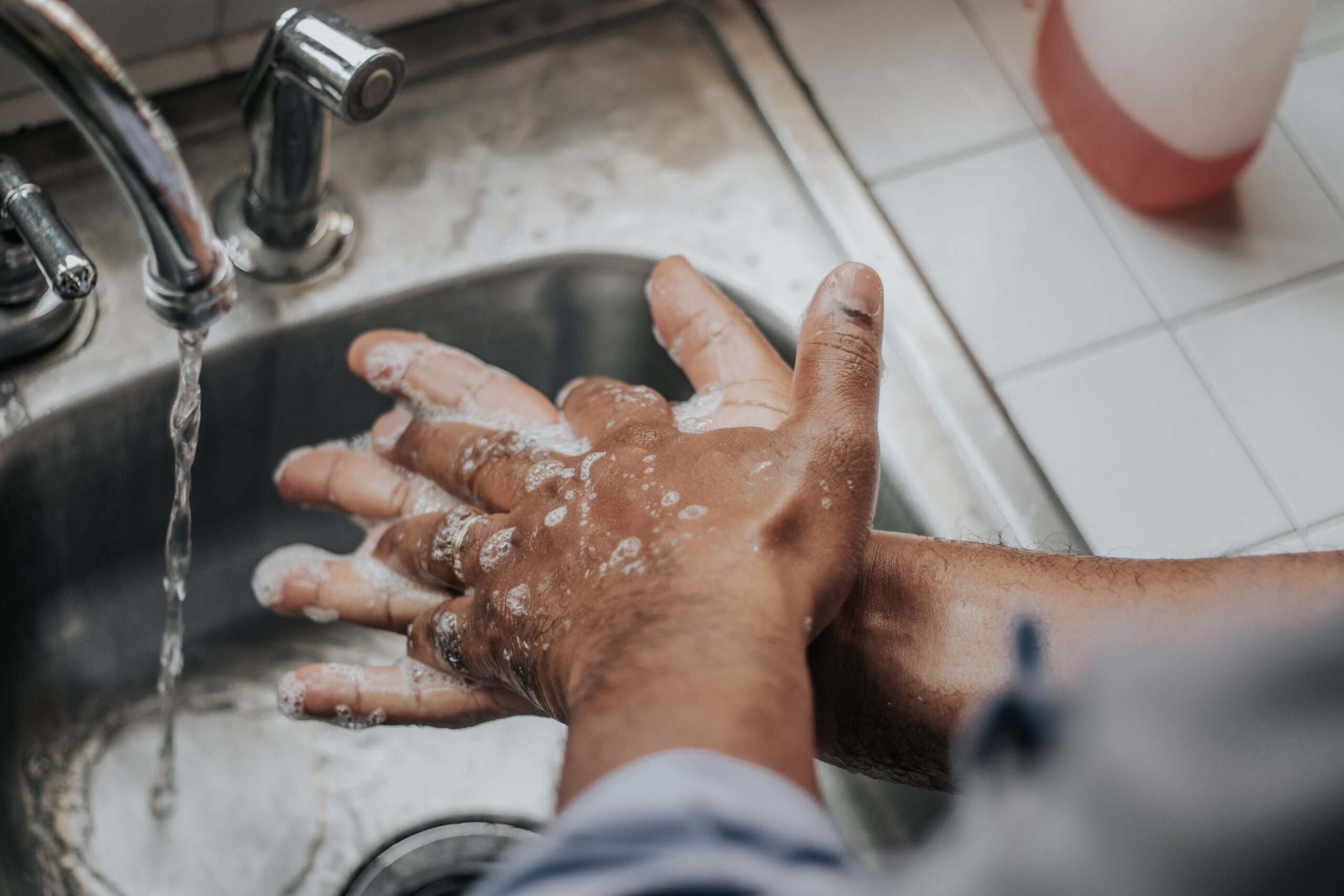Good hygiene is essential for everyone. It’s one of the simplest ways to prevent the spread of germs and stay healthy. But what are the different types of hygiene? And how should you practice them every day? This article will provide you with four types of hygiene and how you can practice them.
1) Personal hygiene:
This is the type of hygiene that refers to your own personal cleanliness. It’s important to practice good personal hygiene because it helps prevent germs from spreading. When you’re clean, you’re less likely to pass on germs to others. And when you’re healthy, you’re less likely to get sick yourself! To practice personal hygiene, you should:
- Wash your hands regularly and thoroughly, especially after using the restroom, handling food, or being in contact with animals.
- Shower or bathe daily, using soap and water to clean your whole body.
- Brush your teeth at least twice a day, and floss once daily. In addition, you should also go for dental services at least once every six months.
- Wear clean clothes every day. Be sure to wash them regularly, and change into clean clothes if you get sweaty or dirty.
- Avoid touching your face, especially your eyes, nose, and mouth. It is said that a person’s mouth is the dirtiest part of their body.
- Keep your nails clean and trimmed.
2) Food hygiene:
Food hygiene is all about keeping food clean and safe to eat. It’s important to practice good food hygiene because it helps to prevent the spread of foodborne illnesses. There are a few simple rules to follow when it comes to food hygiene:
- Wash your hands thoroughly before handling food and after handling raw meat or poultry.
- Keep cooked food and raw food separate. Raw food should be stored below cooked food in the fridge and on separate shelves altogether.
- Cook food thoroughly, using a food thermometer to ensure it has reached the correct temperature.
- Avoid cross-contamination by using separate chopping boards for raw meat and fresh produce. Use one board for meat only and another for everything else.
- Keep food covered and stored in the fridge or freezer until you’re ready to eat it.
3) Environmental hygiene:
Environmental hygiene is all about keeping your surroundings clean. A clean environment means fewer opportunities for germs to spread. It also helps to create a more pleasant environment for everyone. If you want to practice environmental hygiene, you should start by:
- Pick up litter and dispose of it properly.
- Put rubbish in the bin.
- Recycle where possible.
- Avoid smoking indoors or around others.
- Keep your pets clean and free from fleas and ticks.
4) Workplace hygiene:
Workplace hygiene is essential for two reasons; to protect yourself from potential hazards and to protect those around you from potential infection. For example, during the COVID-19 pandemic, workplace hygiene was more important than ever, especially in healthcare setting like medical offices, urgent care centers, or hospitals. No doubt people like these professional medical office cleaning in Palm Beach, FL were working around the clock to ensure a clean and sanitized environment for all.
Some simple workplace hygiene practices include:
- Wash your hands regularly and thoroughly, especially before eating or handling food.
- Use soap and water to clean surfaces or disinfectant wipes if soap and water are not available.
- Wear gloves when handling hazardous materials.
- Avoid close contact with others and maintain a distance of at least 2 meters where possible.
- Stay home when you display symptoms of illness.
Personal hygiene, food hygiene, environmental hygiene, and workplace hygiene are all important. So ensure you’re doing your part to keep yourself and those around you clean!
Contributed Content


